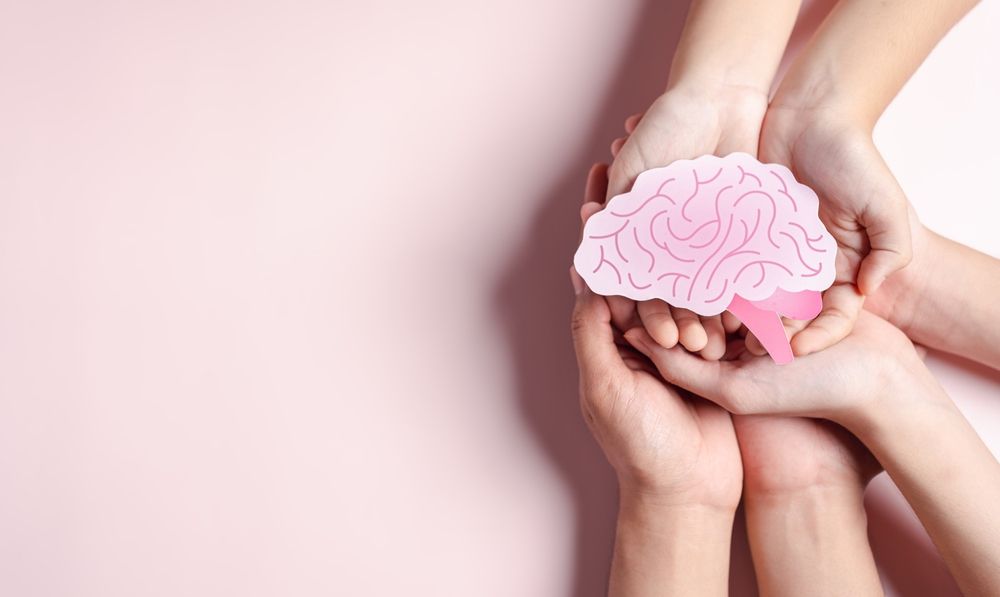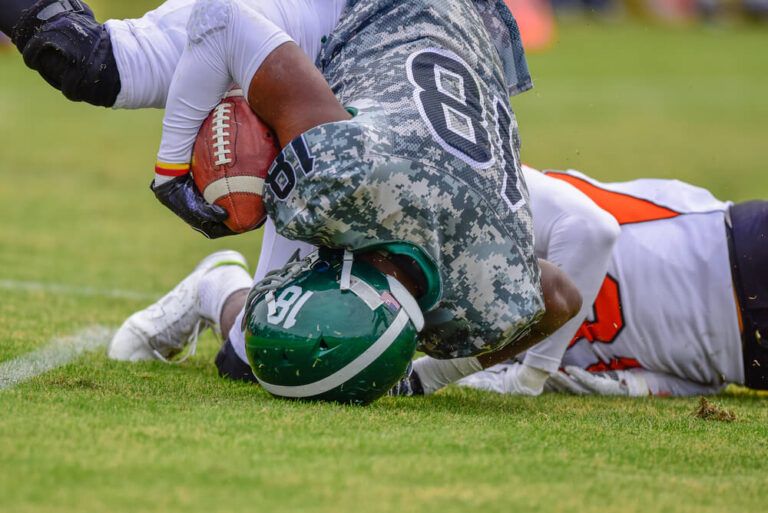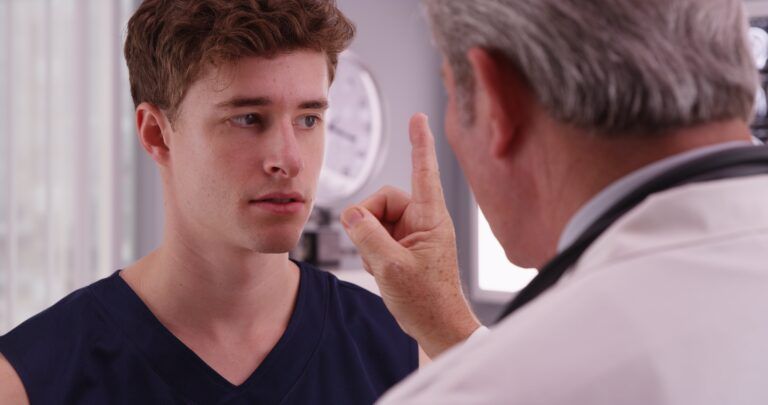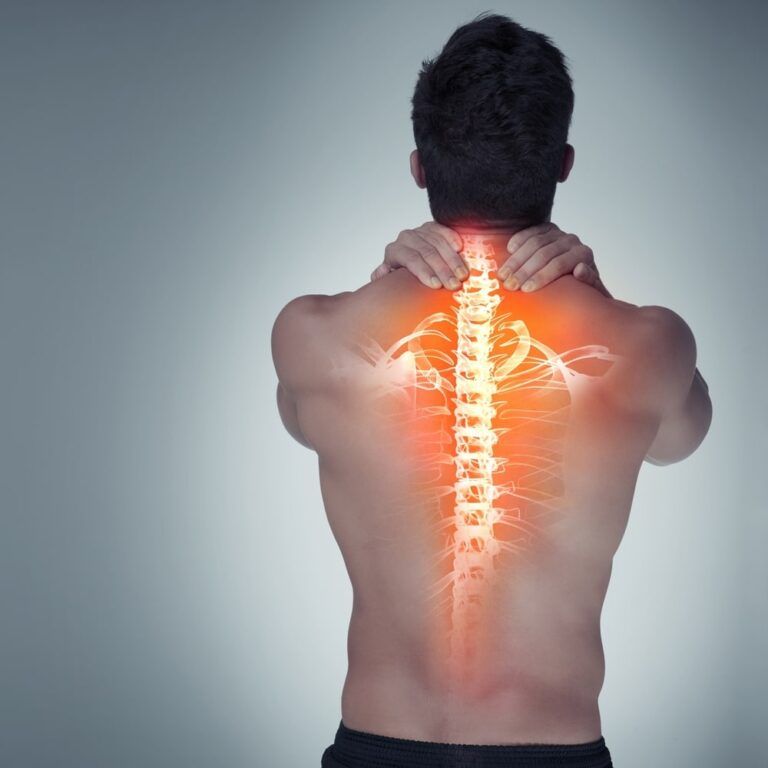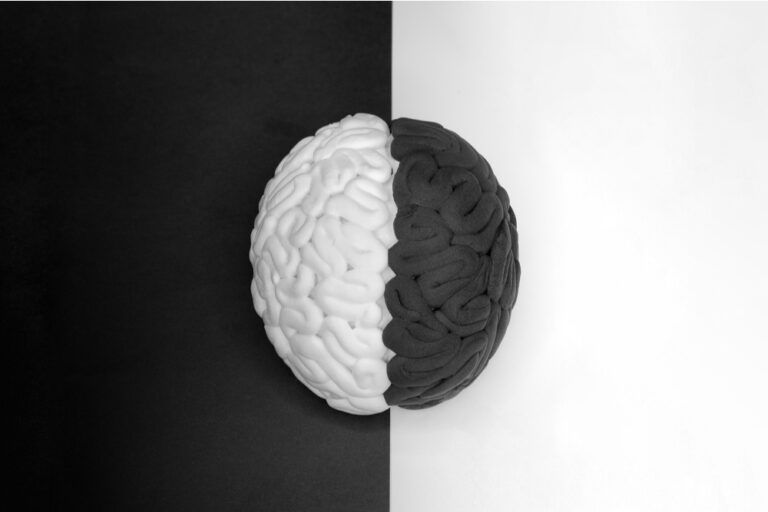Managing Anxiety and Depression After a Concussion
Dealing with a concussion is tough enough, but it often brings along unwelcome companions: anxiety and depression. These mental health challenges can make recovery feel like an uphill battle. The good news is there are strategies to help manage these symptoms and support your overall healing journey.
Understanding the Connection
After a concussion, your brain is in a vulnerable state, which can trigger emotional changes. Anxiety might manifest as constant worry about your health or fear of another injury. Depression can appear as a lack of interest in activities you once enjoyed or persistent feelings of sadness. These are normal reactions to a traumatic brain injury, but they shouldn’t be ignored.
Practical Tips for Managing Symptoms
- Stay Connected: Isolation can worsen anxiety and depression. Keep in touch with friends and family, even if it’s just a quick text or phone call.
- Set Small Goals: Recovery can be slow, and setting small, achievable goals can help you see progress and stay motivated.
- Exercise Gently: Light physical activity, like walking or yoga, can boost your mood without overtaxing your healing brain.4. Seek Professional Help: Don’t hesitate to reach out to a mental health professional. Therapists and counselors can provide strategies and support tailored to your needs.
Mindfulness and Meditation Techniques for Brain Health
Mindfulness and meditation are powerful tools in the concussion recovery toolkit. These practices help calm the mind, reduce stress, and improve mental clarity—key elements in healing.
Getting Started with Mindfulness
Mindfulness is about being present in the moment, acknowledging your thoughts and feelings without judgment. Here’s how you can incorporate it into your daily routine:
- Mindful Breathing: Spend a few minutes each day focusing on your breath. Inhale deeply, hold for a moment, and exhale slowly. This simple practice can help center your mind.
- Body Scan Meditation: Lie down comfortably and bring your attention to different parts of your body, starting from your toes and moving up to your head. Notice any sensations without trying to change them.
- Guided Meditations: There are numerous apps and online resources offering guided meditation sessions specifically designed for relaxation and healing.
The Impact of Sleep on Concussion Recovery
Sleep is a crucial component of brain health, and its importance is magnified during concussion recovery. Quality sleep helps repair brain cells, reduces inflammation, and consolidates memories and learning.
Common Sleep Issues Post-Concussion
It’s common for concussion patients to experience sleep disturbances, such as insomnia or excessive sleepiness. These issues can stem from the brain injury itself or from the stress and anxiety surrounding the recovery process.
Tips for Improving Sleep Quality
- Establish a Routine: Go to bed and wake up at the same time every day to regulate your body’s internal clock.
- Create a Restful Environment: Make your bedroom a sleep-friendly space by keeping it cool, dark, and quiet.
- Limit Screen Time: Avoid screens at least an hour before bed to reduce exposure to blue light, which can interfere with your sleep cycle.
- Practice Relaxation Techniques: Engage in calming activities before bed, such as reading, listening to soothing music, or practicing gentle stretches
When to Seek Help: Mental Health Resources for Concussion Patients
Recognizing when to seek professional help is essential for anyone dealing with concussion-related mental health challenges. Persistent anxiety, depression, or sleep issues should not be ignored.
Signs It’s Time to Reach Out
– Symptoms are interfering with your daily life.
– You feel overwhelmed or unable to cope.
– You’re experiencing thoughts of self-harm or suicide.
– Family or friends express concern about your mental health.
Resources Available
- Therapists and Counselors: Licensed professionals can offer individual or group therapy sessions.
- Support Groups: Connecting with others who are going through similar experiences can provide comfort and practical advice.
- Online Resources: Websites and apps offer tools and information for managing mental health post-concussion.
- Telehealth Services: Virtual appointments with mental health professionals provide convenient access to care from the comfort of your home.
Remember, taking care of your mental health is just as important as addressing physical symptoms. Seeking help is a sign of strength, not weakness, and it can significantly enhance your recovery journey.


